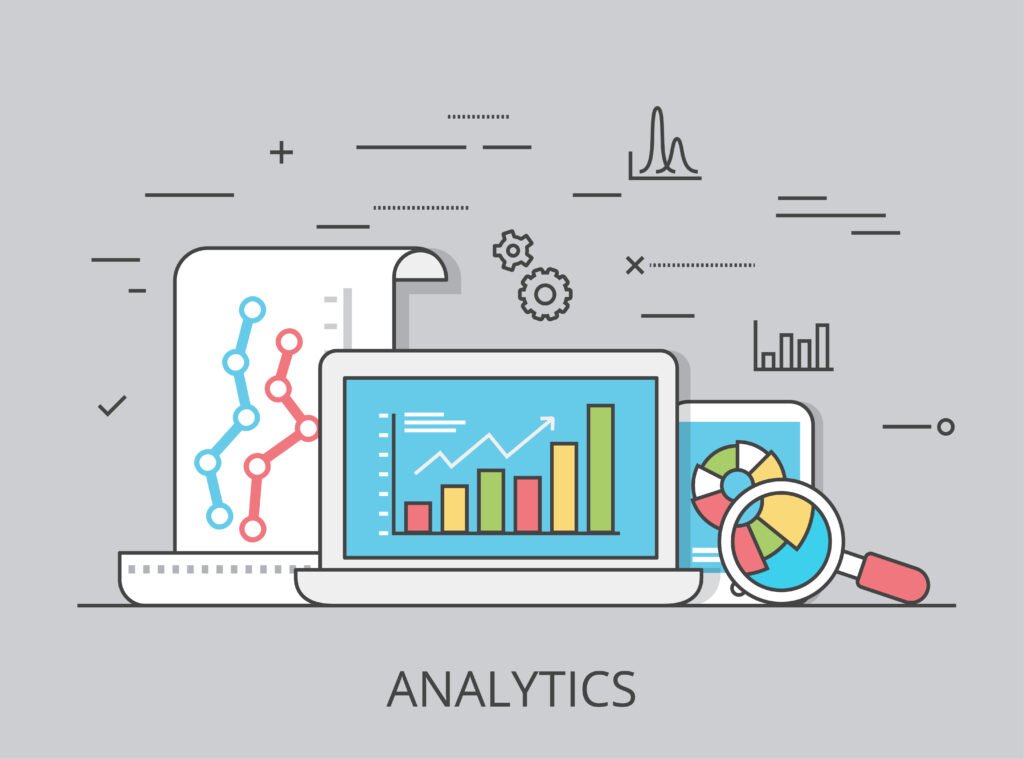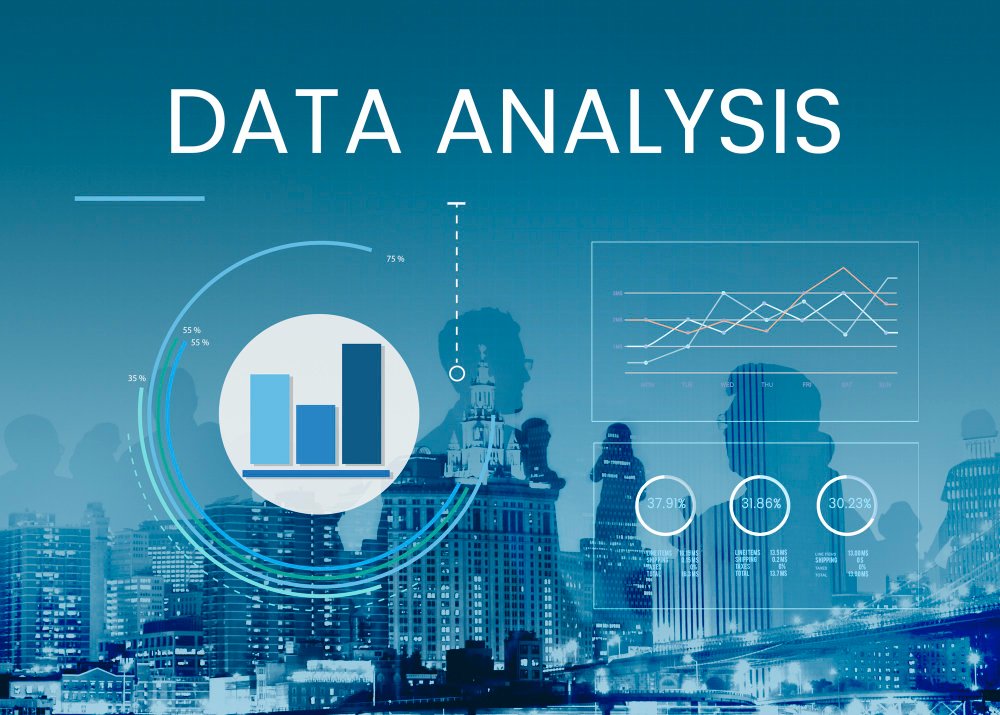In the era of digital transformation, data has become the cornerstone of effective marketing. Before a brand or business launches any digital marketing campaign, conducting thorough marketing data analysis is essential. Just like a general studying the battlefield before a campaign, understanding your own data, industry trends, and competitor activities ensures informed decisions and higher chances of success.
Why Marketing Data Analysis is Crucial

Marketing data analysis allows businesses to make strategic decisions based on evidence rather than intuition. Without insights, digital marketing efforts risk inefficiency, wasted budgets, and missed opportunities.
- Strategic Reference: Data analysis informs overall marketing strategies, helping identify target audiences, messaging approaches, and optimal channels.
- Resource Optimization: Insights from data help allocate marketing budgets more efficiently, prioritizing high-impact campaigns.
- Performance Forecasting: Historical and current data enable accurate predictions for ROI and campaign effectiveness.
In short, marketing data analysis acts as intelligence, providing a comprehensive view of the market before any strategic execution.
Key Dimensions of Marketing Data Analysis
- Internal Data Analysis (Own Data)
- Customer behavior (website traffic, conversion rates, engagement metrics)
- Product or service performance (sales trends, repeat purchases)
- Campaign history (past marketing efforts and outcomes)
- Industry Data Analysis (Market Insights)
- Market trends and growth opportunities
- Consumer preferences and emerging demands
- Regulatory and economic factors affecting the market
- Competitor Data Analysis (Competitive Intelligence)
- Competitor digital presence (SEO rankings, social media activity, content strategy)
- Product offerings, pricing, and promotional tactics
- Customer feedback, reviews, and public perception

How Marketing Data Analysis Guides Digital Marketing
By integrating internal, industry, and competitor data, businesses can:
- Identify Opportunities: Pinpoint market gaps and underserved audiences.
- Refine Messaging: Tailor communication based on customer insights and competitor benchmarking.
- Optimize Campaigns: Choose the most effective channels, formats, and timing.
- Mitigate Risks: Avoid strategies that competitors have failed or that are misaligned with market demand.
Essentially, marketing data analysis is the first step in any digital marketing strategy, acting like a battlefield reconnaissance to ensure precision, efficiency, and measurable results.
Conclusion
Digital marketing success starts with knowledge. “Know yourself, know the market” is more than a saying—it’s a strategic principle. Brands that invest in comprehensive marketing data analysis gain intelligence to craft strategies that are targeted, effective, and ROI-driven. Before launching campaigns, understanding your own performance, market dynamics, and competitors’ tactics is non-negotiable for building a strong, data-informed digital marketing foundation.
FAQ: Marketing Data Analysis
Q1: What is marketing data analysis?
A1: Marketing data analysis is the process of collecting, examining, and interpreting data related to customers, competitors, and market trends to inform digital marketing strategies.
Q2: Why is marketing data analysis important before digital marketing?
A2: It provides insights to make informed decisions, optimize budgets, forecast performance, and reduce the risk of ineffective campaigns.
Q3: What types of data should businesses analyze?
A3: Internal data (own performance metrics), industry data (market trends, customer preferences), and competitor data (digital presence, products, strategies).
Q4: How does competitor analysis help digital marketing?
A4: It identifies market gaps, benchmarks performance, informs messaging, and highlights successful tactics to emulate or avoid.
Q5: Can small businesses benefit from marketing data analysis?
A5: Absolutely. Even limited data can guide small businesses to allocate resources effectively, target audiences accurately, and improve marketing ROI.
Author Profile

- DigitalMarketingFlow
- Founder of Digital Marketing Flow, Senior Digital Marketing Expert - Sean Lee, with 20 years of digital marketing experience, serves as a digital marketing consultant for Fortune 500 brands.
Latest entries
 AEO / GEOOctober 3, 2025What is AEO/GEO? The Future of AI Answer Engine Optimization
AEO / GEOOctober 3, 2025What is AEO/GEO? The Future of AI Answer Engine Optimization SEOOctober 3, 2025What is SEO (Search Engine Optimization)?
SEOOctober 3, 2025What is SEO (Search Engine Optimization)? Data AnalyticsOctober 3, 2025The Importance of Marketing Data Analysis: Know Yourself, Know the Market
Data AnalyticsOctober 3, 2025The Importance of Marketing Data Analysis: Know Yourself, Know the Market Digital MarketingOctober 3, 2025What is Digital Marketing? Key Components and Strategies Explained
Digital MarketingOctober 3, 2025What is Digital Marketing? Key Components and Strategies Explained
